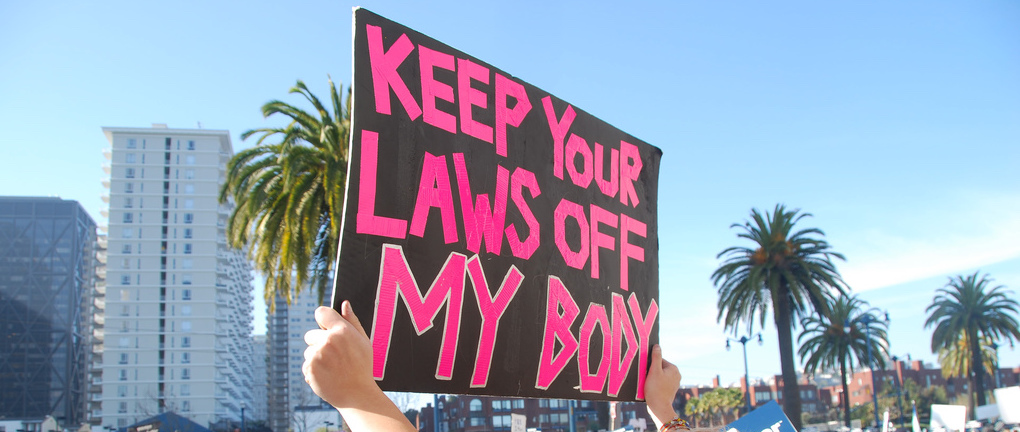I heard a man say once that one’s entire response to Rod Dreher’s The Benedict Option hinged on how one thought about the sustainability of the current social order. That the existing social order is hostile to orthodoxy is obvious. But is that order sustainable, such that Christians should head to the catacombs?1 Or, on the other hand, is this order, which is so hostile to orthodoxy, itself incoherent and thus likely to unravel in the near future? If you take that approach, then not only do you not head to the catacombs, you may actually double down in your arguments for a Christian society because you believe it is entirely possible that we could realize some tangible, wide-ranging victories in the not-that-distant future.
Login to read more
Sign in or create a free account to access Subscriber-only content.
Topics:
